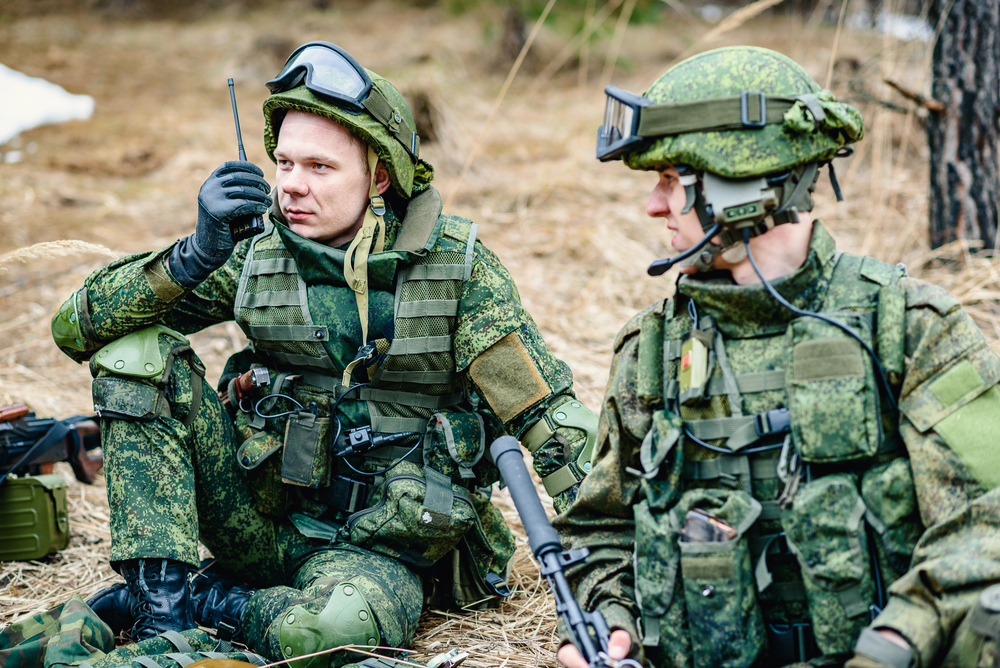Some citizens express skepticism, believing that no amount of money is worth the danger involved.
Others are reading now
Moscow has launched a recruitment campaign offering substantial financial incentives to attract new recruits.
$55,000 per year
The campaign includes extensive advertising in public spaces, such as metro stations, and promises salaries up to six times the national average—amounting to €52,000 ($55,000) per year, according to L’Independent.
The question remains: will money be enough to lure Russians into military service? Authorities are clearly banking on financial incentives as a key motivator.
According to TF1info, this new recruitment push is visible through billboards and advertisements placed on ticket kiosks in metro stations. The Russian government hopes to entice citizens with the promise of a salary that significantly surpasses the national average income.
Also read
Mixed Reactions to the High Salaries
While the pay seems generous, opinions in Russia are divided. Some citizens express skepticism, believing that no amount of money is worth the danger involved.
“It’s good, but not an incredible amount considering the risks. You could offer me any sum, and I still wouldn’t go at any price,” said one Russian resident.
For others, money isn’t the main motivation. Many emphasize patriotism as the primary reason for enlisting, with financial compensation seen as a bonus. “It wasn’t the salary that convinced me — it was patriotism,” said one man from Bashkortostan, a region known for its significant contributions to Russia’s military before he finished:
“People generally use the money to buy a house, a car, or invest in their children’s education.”
A young soldier who returned injured from the front lines added:
“The homeland must be defended. The pay is decent, but it’s not enough to cover medical treatment after returning.”
Salaries Spent on the Front Lines
Former members of the Wagner Group, a private military company, also weighed in.
One ex-mercenary explained that the high salaries often end up being spent on necessities while on the battlefield.
“When the first paycheck comes in, you might be asked to sacrifice it. The commander says, ‘Guys, we need to buy this or that.’ So, we pool our money and put it in a common fund. Whether it’s for socks, fuel, or an anti-drone system, we use the money for the group.”
While the financial incentive is significant, it is clear that many recruits still grapple with the harsh realities of war, and the promise of a higher paycheck may not be enough to overcome the personal and physical risks involved.


